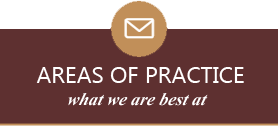WE FIGHT CHARGES TO THE GROUND AND OUR SUCCESS RATES ARE SECOND TO NONE.
- HOME
- AREAS OF PRACTICE
- Sexual Assault
- Imparied Driving & DUI Lawyer in Oakville
- Drug & Theft Lawyer in Oakville
- DUI
- Murder & Manslaughter
- Firearm & Weapon Offence
- Family Law
- Domestic Assault Lawyer Oakville
- Bail Hearing Lawyer Oakville
- Young Offender Lawyer Oakville
- White Collar Fraud Lawyer Oakville
- Guns & Gangs Lawyer Oakville
- CONTACT



